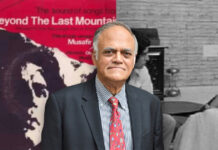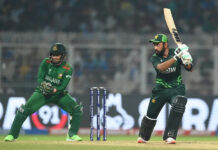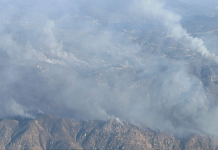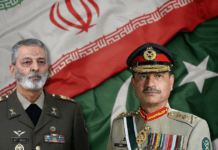Today, Donald Trump is seen smiling and waving in the Gulf states while shaking hands with Emirati officials and praising the “modernity” of the UAE. Any Muslim around the world will see how fictional this seems; almost strange and weirdly suspicious. This is the same man who once called for a “total and complete shutdown of Muslims entering the United States.” The same president who has built his entire political career out of “Islamophobia.” The one who blatantly made fun of Muslim women wearing Burqas during the 2015 election campaign, saying they didn’t need makeup underneath and that they don’t wish to be free.
Now, after years of vilifying Muslims both at home and abroad, he wants to have a good relationship with the Middle East? Sounds like a diplomatic shift? Let’s take a closer look at it.
A Presidency Built on Islamophobia
From the very start of his political career, Trump treated Muslims not as constituents but as threats. His campaign was built on fearmongering.
Trump will bring an administration that is entirely devoid of Muslim Americans and at minimum, individuals without genuine reach into or backing from Muslim Americans. His campaign lacked any bona fide Muslim American involvement, and the Trump administration will likely reflect that.
– Trump’s 2016 Election Campaign
Back in 2015, Trump joked that women who wear burqas look better because “they don’t have to wear makeup.” In another moment, he suggested mosques should be surveilled and that American Muslims were celebrating 9/11 (an outright lie that was widely debunked). His infamous “Muslim ban” targeted citizens from several Muslim-majority countries, tore families apart and told millions of Muslims that their very identity made them un-American.
Instead of “Islam is peace.” Trump declared that “Islam hates us.” He embraced the hateful language of Quran-burning rallies, anti-mosque protests and perhaps most violently, the ugly underbelly that is the comment sections of news articles.
The media, civil society organisations and global observers criticised Trump for fueling Islamophobia and promoting divisive policies. Al Jazeera even labelled him the “Islamophobia President” after his 2016 election win. His policies were seen not only as discriminatory but also as damaging to America’s standing in the Muslim world.
Trump’s Diplomatic Shift: A Pivotal Point, But Why?
Fast forward to 2025, and Trump’s recent Gulf visit paints a strikingly different picture.
As reported by Al Jazeera and The Guardian, Trump hailed the “strengthened relations” with the United Arab Emirates (UAE) and emphasised mutual economic and strategic interests. Speaking in Abu Dhabi, he praised the UAE’s modernisation efforts and expressed admiration for the region’s economic dynamism. The words contrasted sharply with his earlier portrayals of the Muslim world as regressive and threatening.
Read More: Donald Trump’s UAE Visit Triggers Backlash Over the ‘Hair Flipping’ Dance
This transformation is not without context, though.
Trump now has enduring political ambitions and global business interests that seem to be making him keen on repositioning himself on the international stage. Analysts suggest that economic interests, particularly Trump Organisation projects and potential investments in Gulf states, may be driving this shift. Or maybe the need to make a good impression followingol the ongoing backlash due to tariffs.
Political Play in the Middle East
Trump’s evolving posture also reflects a broader shift in U.S. foreign policy. A policy that prefers strategic and economic calculations.
As Foreign Affairs noted, Trump’s current Middle East approach is grounded in transactional diplomacy. While his administration maintained strong ties with authoritarian regimes like Saudi Arabia and the UAE, it showed little regard for human rights issues and genocide funding in similar regions.
It’s all just geopolitical alliance and arms deals; nothing more.
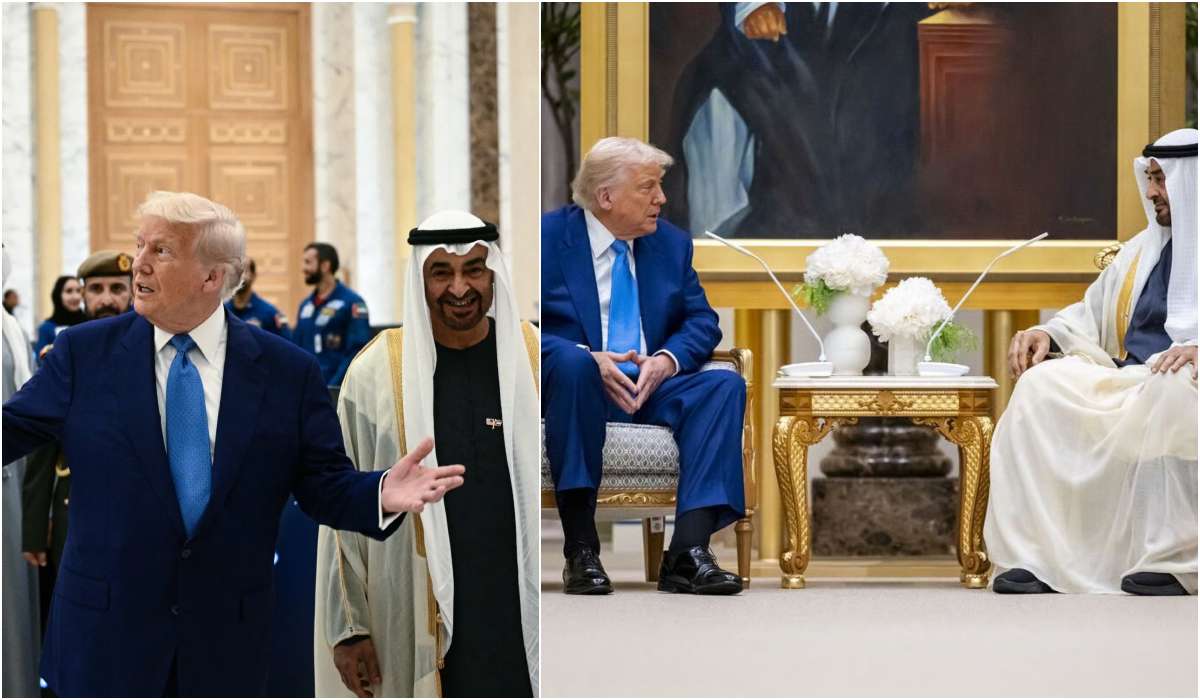
Yet, the implications of Trump’s diplomatic U-turn are significant. It reflects a broader trend of depoliticising religious identity in international relations and underscores the enduring importance of engagement over exclusion. Lastly, one thing is clear: his relationship with the Muslim world has shifted from confrontation to cooperation. Albeit of his own terms and personal ideology.









